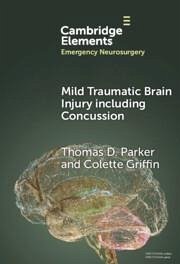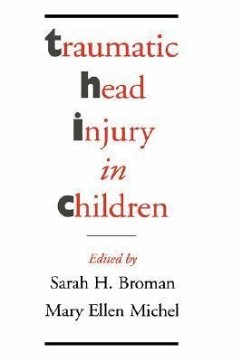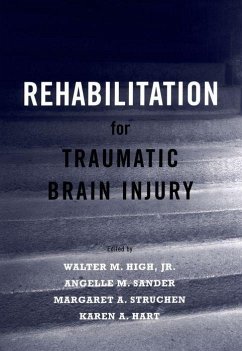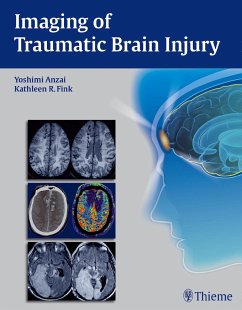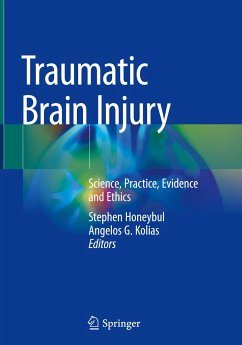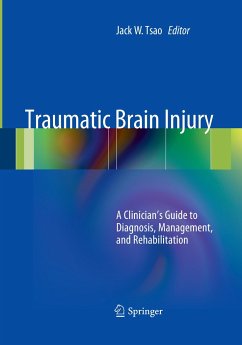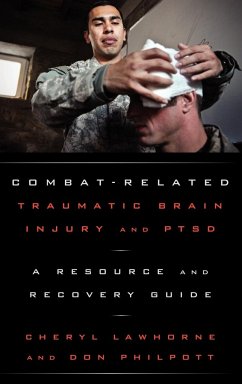
Mild Traumatic Brain Injury and Postconcussion Syndrome
The New Evidence Base for Diagnosis and Treatment
Versandkostenfrei!
Versandfertig in 1-2 Wochen
75,99 €
inkl. MwSt.

PAYBACK Punkte
38 °P sammeln!
This is the first neuropsychology book to translate exciting findings from the recent explosion of research on sport-related concussion to the broader context of mild traumatic brain injury (MTBI) and post-concussive syndrome (PCS) in the general population.





